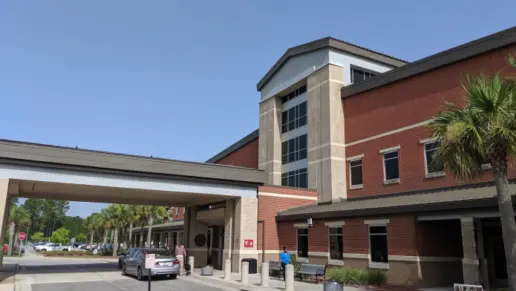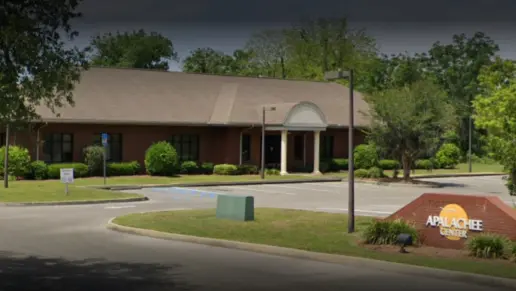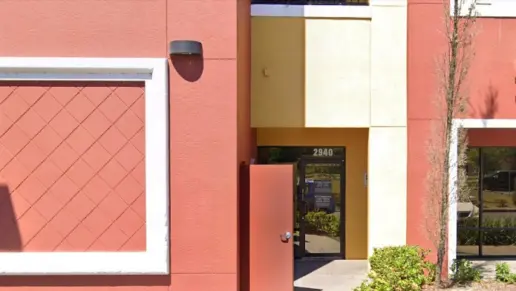About Meridian – Levy County Clinic
Meridian Levy County Clinic is a mental health clinic offering a variety of outpatient services. They provide psychiatric care, counseling, case management, addiction treatment, primary care, and medication-assisted treatment. They also help you with homeless recovery services and employment services. Located in Chiefland, Florida, Meridian treats adults experiencing behavioral issues and mental health disorders. While being treated, addiction, trauma, and mental illness are also addressed.
Meridian Levy County Clinic is a mental health clinic offering a variety of outpatient services. They provide psychiatric care, counseling, case management, addiction treatment, primary care, and medication-assisted treatment. They also help you with homeless recovery services and employment services. Located in Chiefland, Florida, Meridian treats adults experiencing behavioral issues and mental health disorders. While being treated, addiction, trauma, and mental illness are also addressed.
Your treatment begins with an assessment and an individualized treatment plan. If you start with the opioid treatment program, this will include the use of suboxone, Vivitrol, and methadone to treat withdrawal symptoms, eliminate drug cravings, and sustain recovery. During this program you can also expect to engage in individual, group, and family counseling sessions.
Several types of intensive therapy options are available depending on your needs. Group therapy sessions are organized by experience, like trauma or addiction, a particular illness, or symptom management. Psychiatric care may given if you need medication management and coordinated care for symptom relief.
Case management services are available for you if you’re struggling with mental illness. This service includes coordination of health and social services.
Former clients have called Meridian an excellent healthcare facility with caring staff members. Other clients mention long wait times.
Latest Reviews
Rehab Score
Gallery
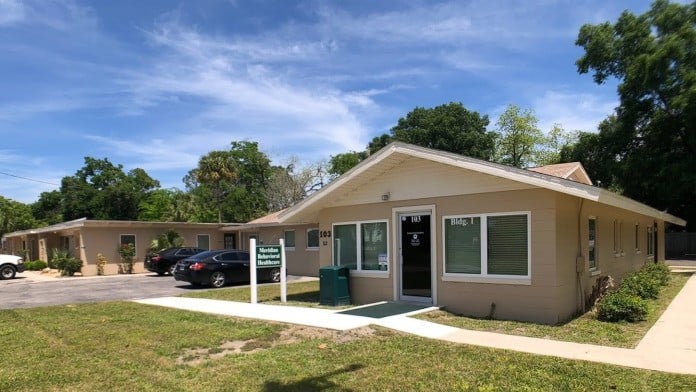
Location
Accepted Insurance




Other Forms of Payment
Medicaid is a state based program that helps lower-income individuals and families pay for healthcare. Medicaid covers addiction treatment so those enrolled can use their coverage to pay for rehab. When a program accepts Medicaid the client often pays very little or nothing out of their own pocket.
Private insurance refers to any kind of healthcare coverage that isn't from the state or federal government. This includes individual and family plans offered by an employer or purchased from the Insurance Marketplace. Every plan will have different requirements and out of pocket costs so be sure to get the full details before you start treatment.
Self-pay involves paying for treatment out of your own pocket. You can use savings or credit, get a personal loan, or receive help from family and friends to fund your treatment. If you don't have insurance or your insurance plan doesn't cover a specific program, self-pay can help ensure you still get the care you need.
Sliding scale payments are based on a client's income and family size. The goal is to make treatment affordable to everyone. By taking these factors into account, addiction recovery care providers help ensure that your treatment does not become a financial burden to you or your family, eliminating one barrier to care.
Medicare is a federal program that provides health insurance for those 65 and older. It also serves people under 65 with chronic and disabling health challenges. To use Medicare for addiction treatment you need to find a program that accepts Medicare and is in network with your plan. Out of pocket costs and preauthorization requirements vary, so always check with your provider.
Military members, veterans, and eligible dependents have access to specific insurance programs that help them get the care they need. TRICARE and VA insurance can help you access low cost or no cost addiction and mental health treatment. Programs that accept military insurance often have targeted treatment focused on the unique challenges military members, veterans, and their families face.
Addiction Treatments
Levels of Care
Treatments
The goal of treatment for alcoholism is abstinence. Those with poor social support, poor motivation, or psychiatric disorders tend to relapse within a few years of treatment. For these people, success is measured by longer periods of abstinence, reduced use of alcohol, better health, and improved social functioning. Recovery and Maintenance are usually based on 12 step programs and AA meetings.
Drug rehab in Florida provides quality treatment to help individuals overcome dependency related to a wide range of addictive substances. Programs address both the physical and mental aspects of addiction in order to help you make a full recovery.
A combined mental health and substance abuse rehab has the staff and resources available to handle individuals with both mental health and substance abuse issues. It can be challenging to determine where a specific symptom stems from (a mental health issue or an issue related to substance abuse), so mental health and substance abuse professionals are helpful in detangling symptoms and keeping treatment on track.
Opioid rehabs specialize in supporting those recovering from opioid addiction. They treat those suffering from addiction to illegal opioids like heroin, as well as prescription drugs like oxycodone. These centers typically combine both physical as well as mental and emotional support to help stop addiction. Physical support often includes medical detox and subsequent medical support (including medication), and mental support includes in-depth therapy to address the underlying causes of addiction.
Programs


Clinical Services
Group therapy is any therapeutic work that happens in a group (not one-on-one). There are a number of different group therapy modalities, including support groups, experiential therapy, psycho-education, and more. Group therapy involves treatment as well as processing interaction between group members.
Staff
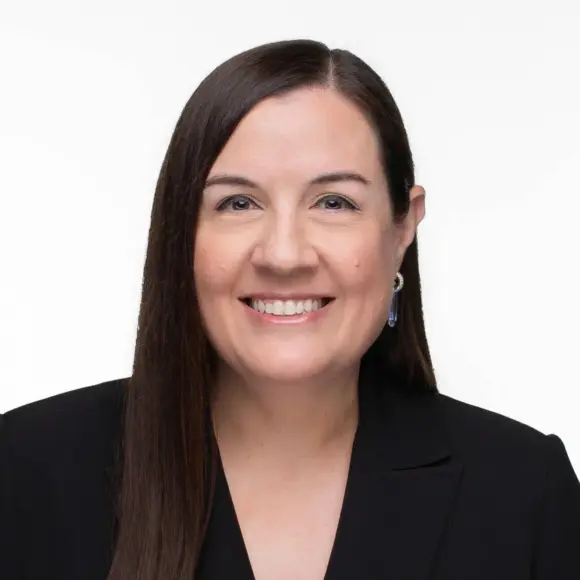
President & CEO
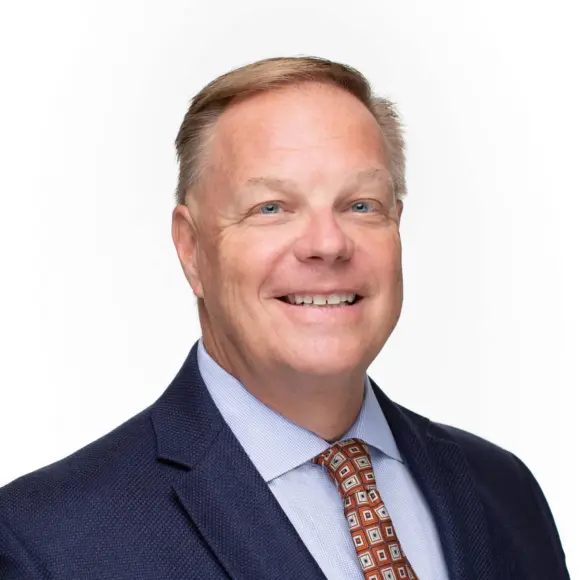
Senior Advisor to the President
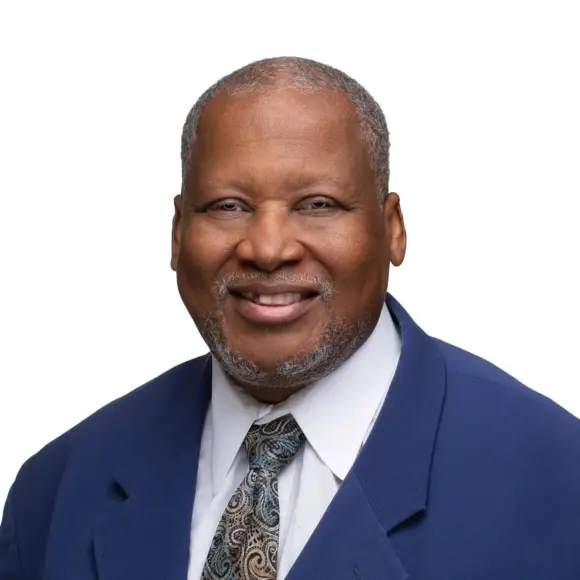
Senior Vice President & Chief Clinical Officer
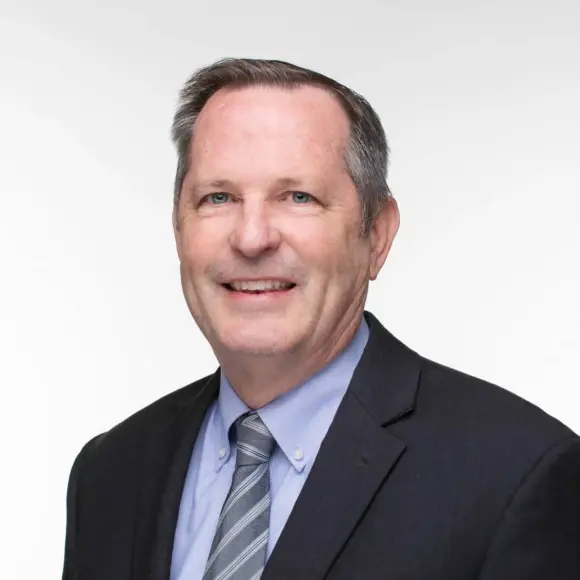
Senior Vice President & Clinical & Community Services
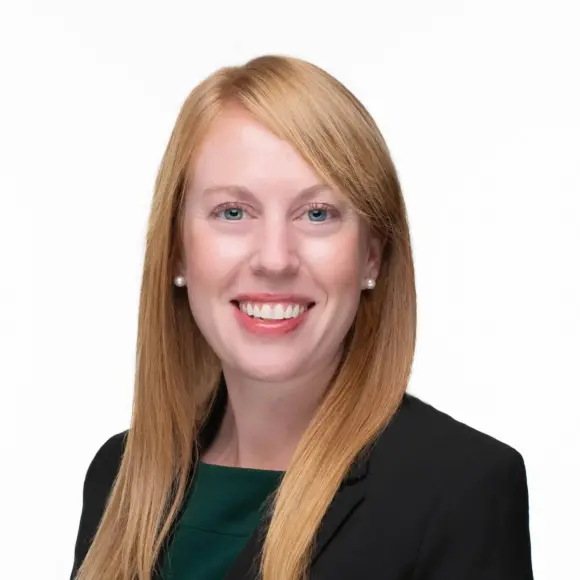
Chief Operating Officer
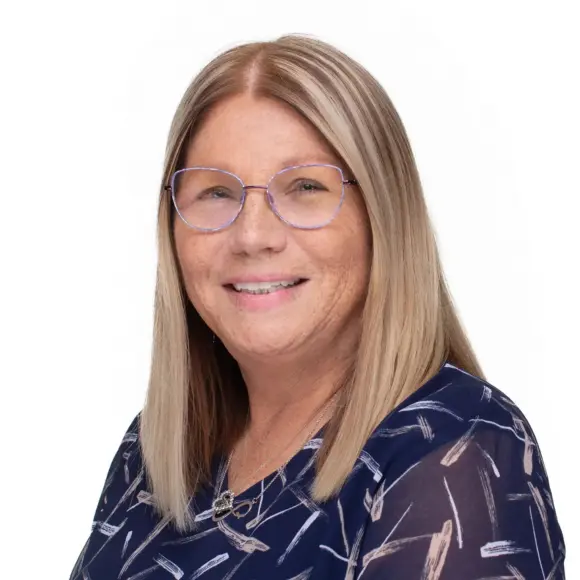
Senior Vice President & Chief financial Officer
Contact Information
103 NE 1st Street
Chiefland, FL 32626








